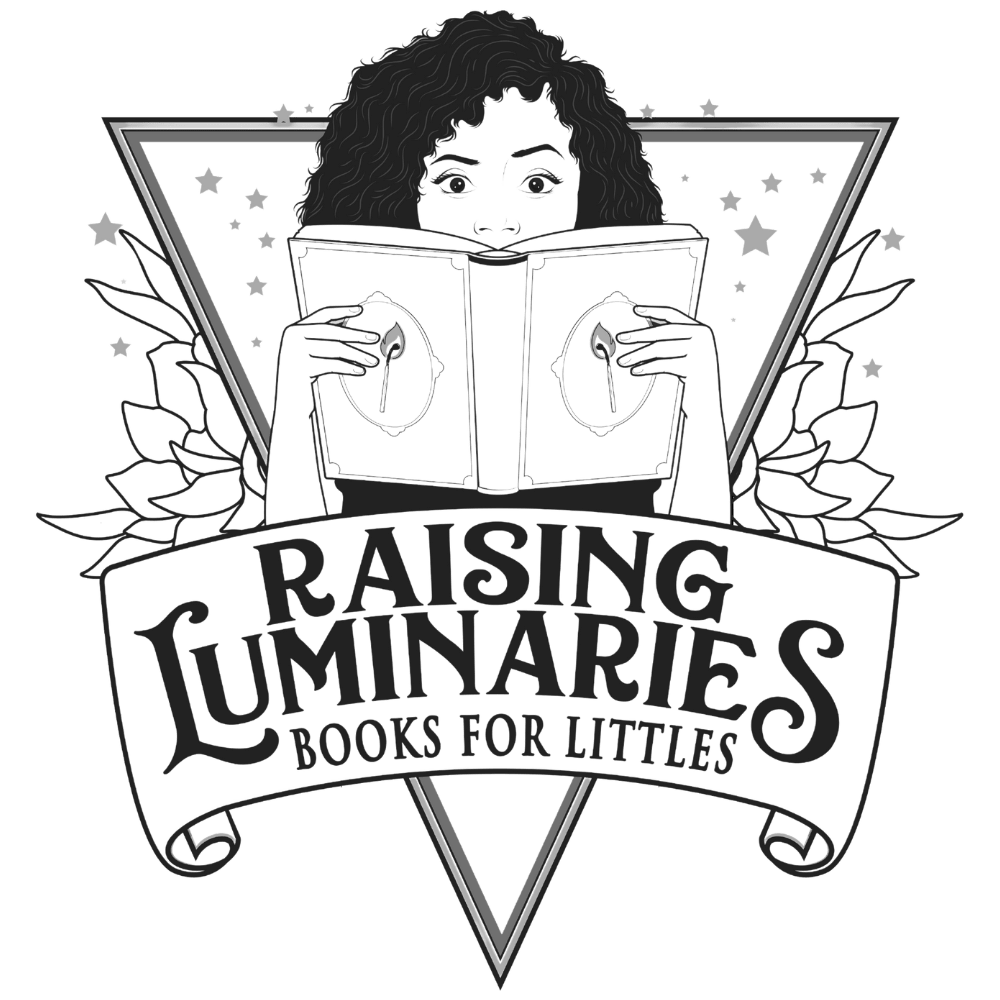Raising Luminaries & Books for Littles are free and accessible for readers who can’t afford a paywall. Since we’re a contribute-what-you can community, I try to fill in the gaps with affiliate links. Posts may contain affiliate links, which allow me to earn a commission at no extra cost to you. Check out the full affiliate disclosure along with my statement of accountability.
Latinx & Hispanic Heritage Month
Let’s read more books by #OwnVoices Latinx authors!
When is it?
- Latinx & Hispanic heritage month starts September 15th and lasts through October 15th.
Read:
- Red Panda and Moon Bear (Ages 8-12) Poppy, goofy, and a supportive, healthy, positive sibling relationship. So good!
- Lucía the Luchadora (Ages 3-7) A little girl inspired by her kickass grandma and cultural heritage taking up space, and asserting herself? Yes please.
- Octopus Stew (Ages 4-8) Fun, whimsical, and smashing elder stereotypes with a boomer grandma who doesn’t fall into the typical kidlit grandma stereotypes.
Watch:
Only Luminary Brain Trust members get access to our full analysis of problematic tropes and celebratory favorites from the #FamilyMovieNight series. The rest of you can still enjoy the movies though.
Discuss:
- What does it mean to identify as Latinx? What’s the difference between identifying as Latinx, Hispanic and Spanish?
Not all Spanish-speaking or ethnically Spanish people are culturally Latinx! Not all Latinx people are Hispanic! - Why is it important to refer to individual people by the way they self-identify?
Indigenous people from what is currently known as Central & South America may prefer their Indigenous tribe’s label over the labels put on them by colonizers. A Chicanx or Mestiza may claim specific identities over umbrella terms like ‘Latinx’ that blurs the line between Indigenous people, settlers, and colonizers. Latino folks clinging to the gender binary get huffy about the term ‘Latinx.’ And so on. - How has Spanish colonization of what is currently called Central and Southern America impacted the cultures and identities of people Indigenous to these places?
- How did kidnapping and enslaving people (African people to the west, Indigenous people from Turtle Island to Europe, Central, and South America) shape the modern Latinx identity? How did enslavers use displacement as a weapon to control and exploit enslaved people?
- What does it mean to identify as Afrolatinx? How do Afrolatinx and Afrocaribbean identities intersect, and what’s the difference?
- What stereotypes and assumptions do we make about Latinx people and cultures? What stories and shows have we picked these ideas up from?
Actions:
- For parents: Learn how colonization sparked the legacy of modern domestic violence and generational trauma from Latinx Parenting’s Ending Chancla Culture (your enrollment fee supports Latina decolonizing educators.)
- Check out these 28 Learning Lab activities discovering Hispanic heritage from the Smithsonian, including What Does It Mean To Be Latinx in the United States? and Selena: Young Portrait Explorers
Additional resources to dig deeper into this topic:
- #Ownvoices Kidlit by Latinx Authors & Illustrators
- Protecting The World’s Water In Your Own Yard With ‘Luz Makes A Splash’
- Dismantling Cissexism In Kidlit – Maker Spotlight with Maya & Matthew of Reflection Press
- De Colores: The Raza Experience in Books for Children
- Caribbean American Kids Stories (lots of overlap for Afrolatinx stories)
- PowerFULL Path via Chicanx Indie Publishers, Reflection Press
- Latinx Parenting






